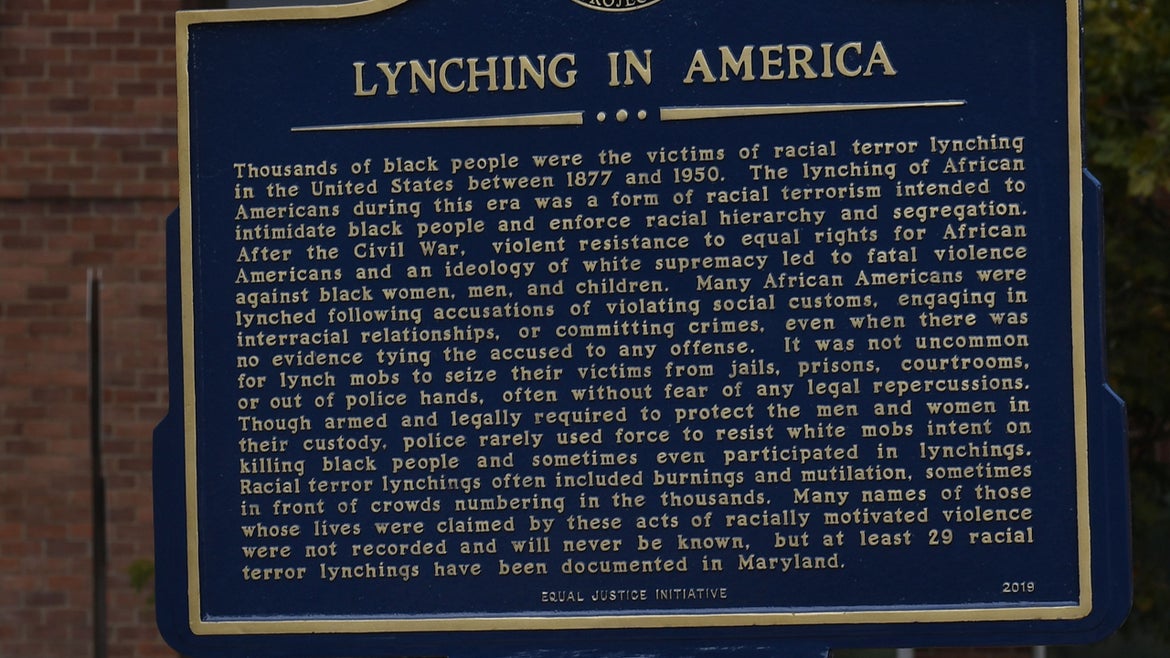Citizen activists, as well as Metro Council Member Joy Styles, began working in 2019 to get Samuel Smith’s marker placed in the city. It was finally installed in April.
A historical marker in Nashville recognizing the lynching of a Black teenager killed in 1924 has been cut down and removed from the site on which activists long fought for it to be erected.
Samuel Smith was 15 when in December 1924, he was kidnapped from a hospital in retribution of an alleged robbery and shooting. Smith was stripped naked, hanged from a tree and shot multiple times by a lynch mob of six men, according to the Historical Marker Database.
In recent years, locals have honored the victims of lynchings in the city as well as the state with markers telling their story.
More than 200 historical markers have been installed in recent years in Nashville. The marker dedicated to the killing of Smith was recently erected, News Channel 5 reported.
Citizen activists, as well as Metro Council Member Joy Styles, began working in 2019 to get Samuel Smith’s marker placed in the city. It was finally installed in April.
Styles said the marker quietly went up in the Cane Ridge area of Nashville, telling WKRN, “we didn’t publicize it. We were concerned because there might be some response, and we didn’t want to take away from the moment and the day.”
Styles also spoke to News Channel 5 about her shock of finding out Smith’s marker is missing.
"It has been cut off. It's not that it's been hit. This has been damaged and it's heartbreaking because this is a wonderful community. Cane Ridge and most of the residents are lovely but something like this happens and you realize you know what we still have work to do," she said.
The city has said it's working on replacing the missing marker. It may take months to replace the marker, which costs $3,000 to install, as the sign is handmade, according to News Channel 5.
"It's sad to know that there are these cowardly individuals that did this in the cloak of darkness and certainly looking forward to holding them accountable, finding out who they are," Styles said.
Similar markers telling the stories of other lynchings can be found in numerous states, including Tennessee, South Carolina, Georgia, Maryland and New York.






